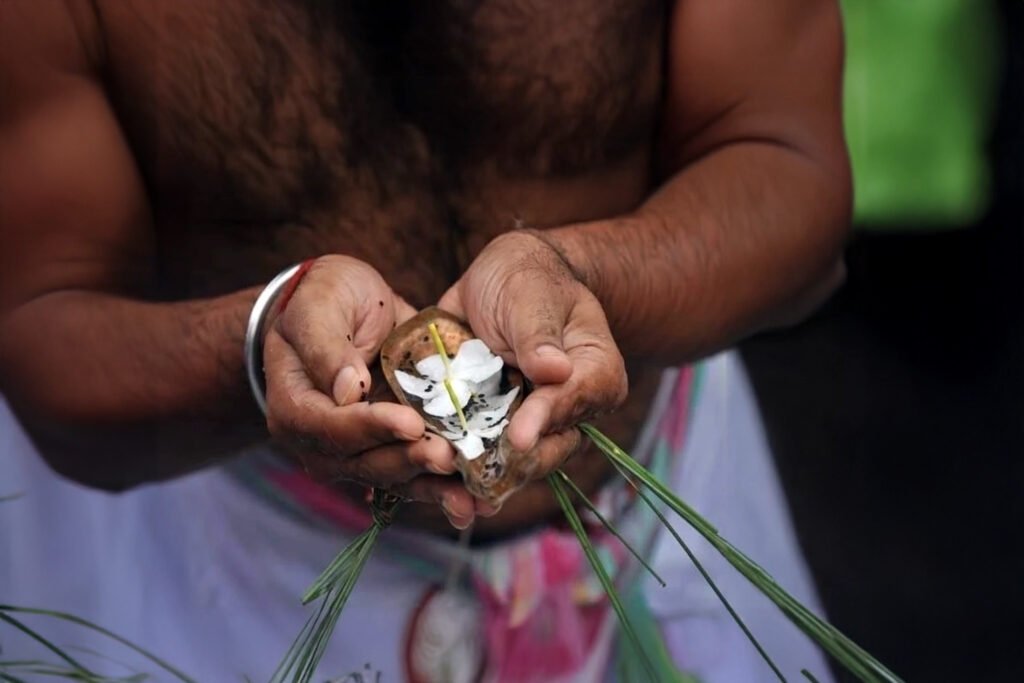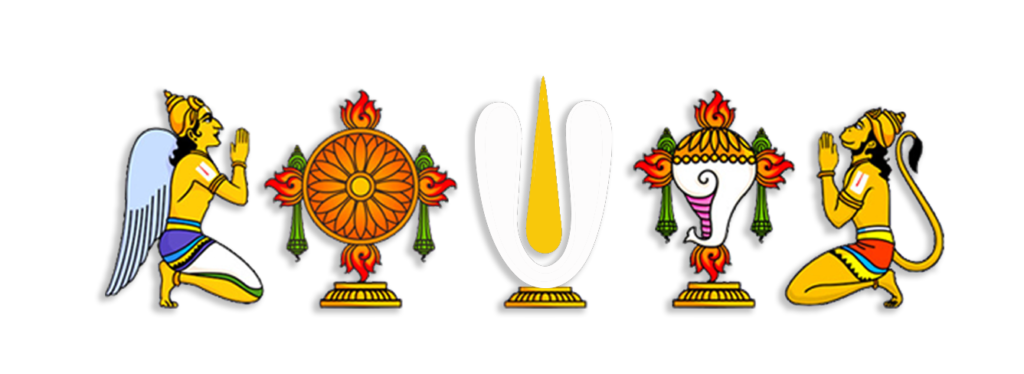Shraddham
The yearly Shraddha (also known as the annual rites or Tithi Shraddha) is a deeply significant ritual in Hinduism that honors deceased ancestors. Performed annually on the death anniversary of a family member, Shraddha is a sacred duty (Dharma) that allows the living to express gratitude, seek blessings, and ensure peace for the souls of their ancestors. The ritual is an important part of the Pitru Paksha, a period dedicated to ancestor worship.

Importance of Yearly Shraddha:
- Honoring Ancestors (Pitru Tarpana): The yearly Shraddha is performed to honor and remember the departed souls. It is believed that ancestors, or Pitrus, play a crucial role in the well-being of their descendants, and performing Shraddha expresses gratitude for their guidance and support.
- Ensuring Peace and Liberation (Moksha): The rites help ensure that the souls of the departed find peace and continue their journey toward Moksha (liberation). By offering food (Pinda), water, and prayers, descendants help nourish and purify the soul, enabling it to reach higher realms of existence or attain liberation from the cycle of rebirth.
- Strengthening Family Lineage: Performing Shraddha strengthens the bond between the living and the deceased, helping to maintain harmony and prosperity in the family. It is believed that by properly performing these rituals, the family’s karmic debts to their ancestors are repaid, ensuring blessings for future generations.
- Observing Tradition and Dharma: Shraddha is a part of one’s Dharma (duty) and reflects the significance of Samskaras (sacred rites) in maintaining the spiritual balance of life. By performing Shraddha, one fulfills a sacred duty to honor their lineage and observe important family traditions.
- Offering Prayers and Food (Pinda Pradana): A crucial part of the ritual is offering Pinda (rice balls) and other food to the ancestors, symbolizing nourishment and support for their spiritual journey. The offerings are made in the form of meals prepared in a pure, sacred manner, often with specific items that are believed to please the ancestors.
- Ensuring Family Prosperity: Performing yearly Shraddha brings peace to the departed and their descendants. It is believed that by doing so, the family will experience prosperity, protection, and blessings from their ancestors, ensuring a harmonious flow of spiritual and material wealth.
Key Rituals of Yearly Shraddha:
- Tarpana: Offering of water to ancestors as a sign of respect and purification.
- Pinda Daan: The offering of rice balls to nourish the ancestors’ souls.
- Homa (Fire Ritual): A fire sacrifice that invokes the blessings of ancestors and deities, symbolizing purification and spiritual protection.
- Feeding Brahmins: As part of the ritual, Brahmins are offered meals and dakshina (donation) as they represent the ancestors during the ritual.
By performing yearly Shraddha, descendants uphold their connection with their ancestors, ensuring that the lineage remains blessed, protected, and in harmony with cosmic forces. These rites are not only an expression of respect but also an important spiritual practice that keeps the cycle of life and death in balance, ensuring that the departed souls are cared for and that future generations continue to thrive.

